BERLIN – First as a journalist, then as a festival director, and now as the President and Artistic Director of the Italian Film Academy of David di Donatello. Piera Detassis knows Berlin very well. She has seen many films and stars pass through Potsdamer Platz, contributing over the years to amplify and tell the very essence of the Berlinale. In this interview, she tells us about her relationship with the festival and more.
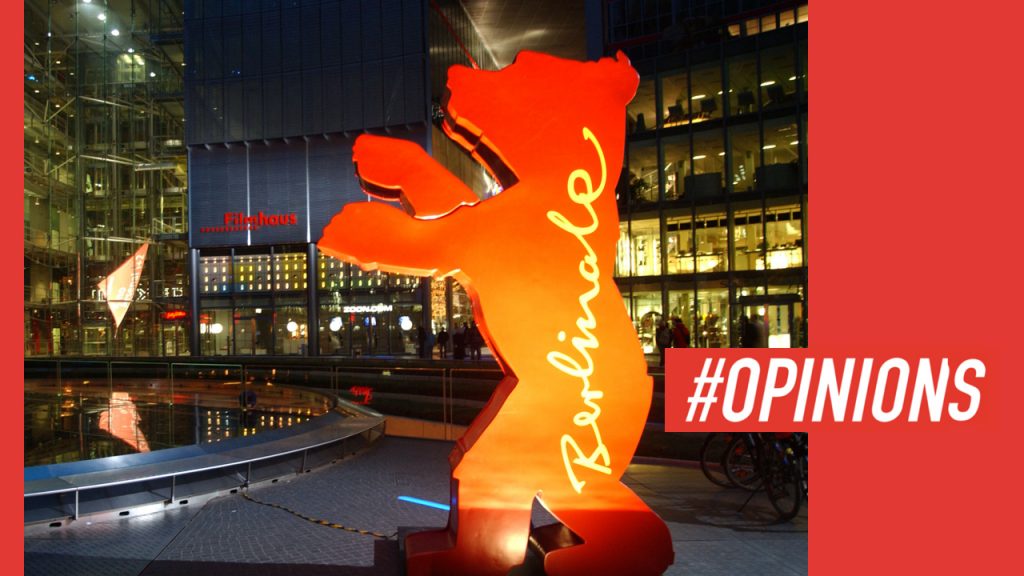
The Berlinale has always been one a privileged point of view from which to observe the state of cinema. Do you remember the first time you attended?
I can say that I arrived here with History. The first time was in 1989, as a journalist. I conducted an investigation on the Babelsberg Studios in Potsdam, still in East Germany. In November, the Berlin Wall fell, and the next edition of Berlinale was, of course, an extraordinary experience. I returned to interview the same workers and officials to measure the change. I remember the words of hope and a certain bewilderment in the face of the new freedom that had both broken habits and certainties. The heart of the festival was still the legendary Zoo Palast, but that year I attended the first screenings beyond the Wall, at the Kosmos and Colosseum cinemas: Oliver Stone’s Born on the Fourth of July. American stars crossing Checkpoint Charlie, an unforgettable emotion. However, what has always fascinated me a lot in Berlin is the EFM, the market, with this strong European vocation, solid, important, very organized, and open. An extraordinary source of contacts and discoveries, especially in the years spent here as a Festival director.
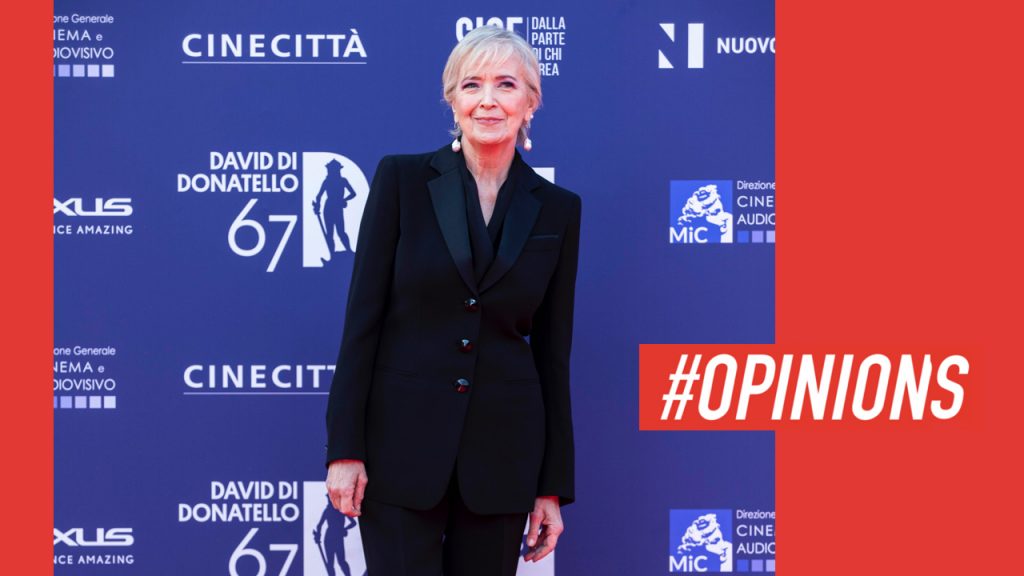
This year, the Berlinale comes with Matteo Garrone as Academy nominee and Paola Cortellesi’s movie breaking any records. How is Italian cinema doing?
The Italian cinema is in a hectic moment, as I believe the films and series here at the Berlinale also signal. It is in search of itself, orphaned of the classic Italian comedy genre, now considered consumable on streaming platforms. We have important authors, surprising debuts, and finally, a great boldness in introducing genres, innovation, and narrative counterattacks in auteur cinema. Today, the audience in theaters mainly asks to be surprised. Old habits no longer hold, especially in communication. Everything has changed.
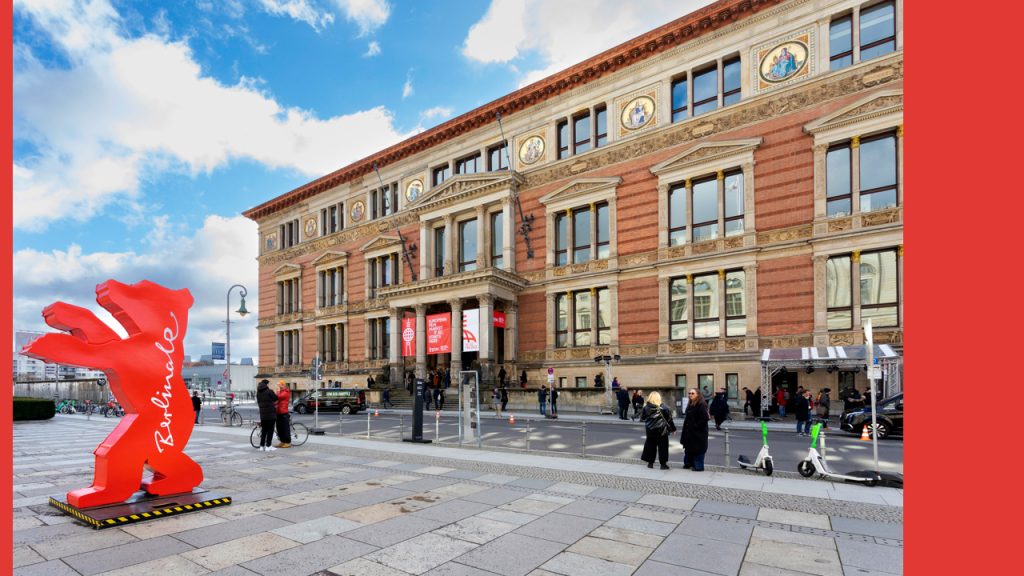
How is the path of the David di Donatello Awards and the innovation you brought? Are you satisfied?
I prefer to focus on the Italian Cinema Academy that oversees the David di Donatello Awards. During my mandate, which began in 2018, the Foundation’s mission was to create synergies with all cinema associations, institutions, and professions that are part of the Academy. It’s a common job that extends throughout the year, and through the operation of selection and transparency about the jury and the voting mechanism. It has involved the entire industry. From the Awards Night we expanded to the industry and training, collaborated with the Italian Ministry of Culture – our main financier – producers, distributors, and exhibitors to repopulate theaters post-pandemic, organized the Award’s night even during the lockdown. We arrived at the third edition in partnership with Netflix for the Becoming Maestre mentoring project on female professions in the audiovisual sector. We inaugurated an ambitious cinema project in schools in collaboration with Unita, the association that brings together actors and we anticipated the Oscars in the decision to award Best Casting and also invented the new David Italian Revelations dedicated to under 28s. The digitalization of both the archive and operations was important: the David brand has strengthened, now we need to take a step forward towards innovation, streamlining decision-making processes, and stronger and more aware involvement of the membership.
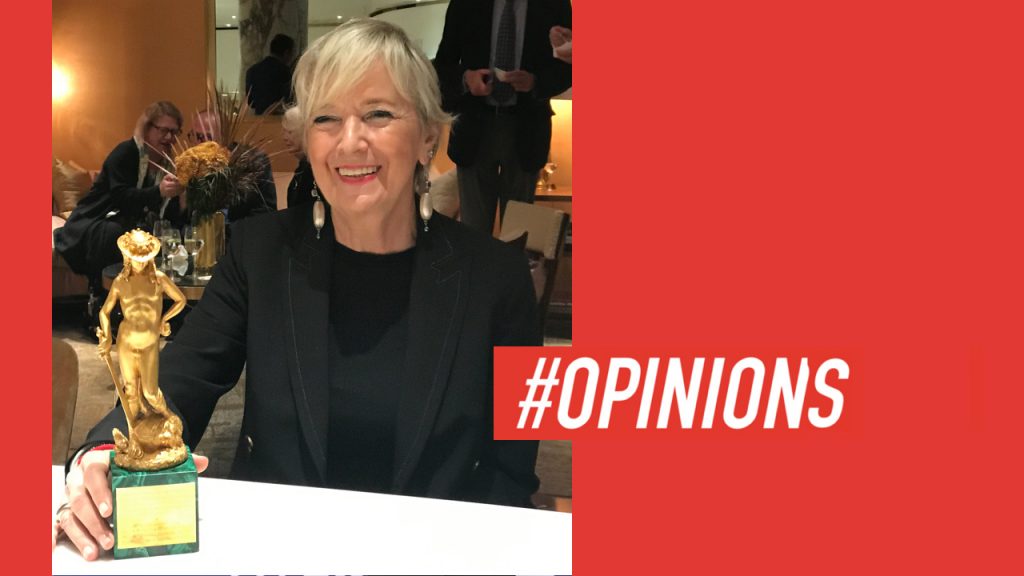
What does Italian cinema lack to have an exportable star system?
In my opinion, nothing. We have an extraordinary school of actors, increasingly polyglot. It is essential to break down borders, even at the narrative level, and activate exchanges between authors and international productions. Serials, furthermore, are incubators of new young protagonists and promote our faces abroad. Having said that, the term “star system” is obsolete. Sagas, franchises, superheroes, the spread of platforms have shattered the monolith. The star today is the originality of the story.
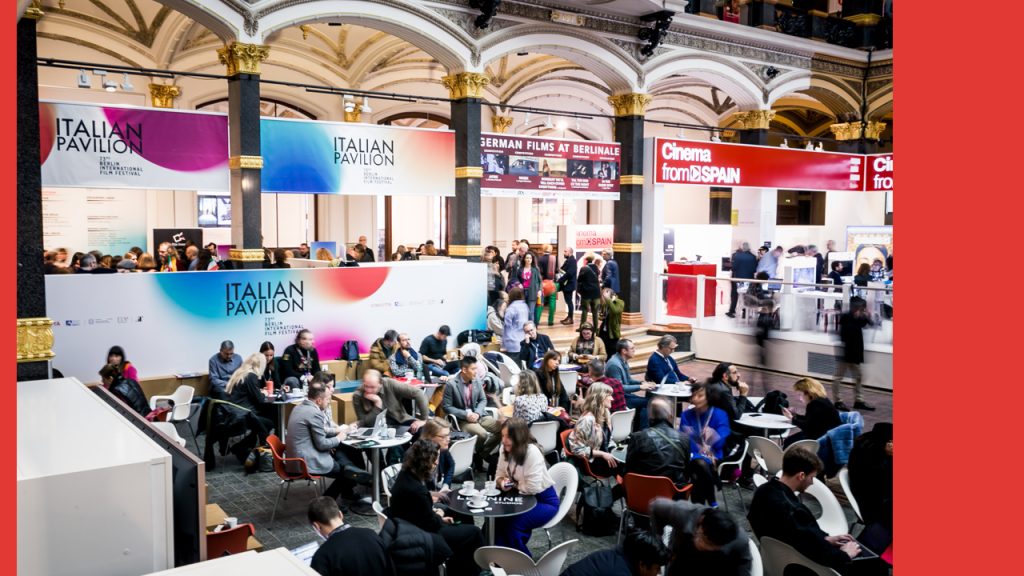
Do film festivals still serve a purpose? They seemed outdated, but they are now more essential than ever…
Festivals, special programs, even summer events during the closure and distancing periods represented the point of suture with the public, or rather, with the many diverse audiences. They marked the difference with streaming-only consumption, representing the place of quality, direct interaction with actor or directors, a fundamental guide that, within a trust pact with the viewer, offers a selection of quality that fuels curiosity and discoveries, disappointments, and enthusiasms. Major festivals like Berlinale or Venice also represent the laboratory of the future but in a broad context of community and sharing. Today, festivals are the extended cinema hall.
- BERLINALE 2024 | Cillian Murphy, Berlin and Small Things Like These
- VIDEO | Berlinale 2024 Press Conference: Programme Presentation

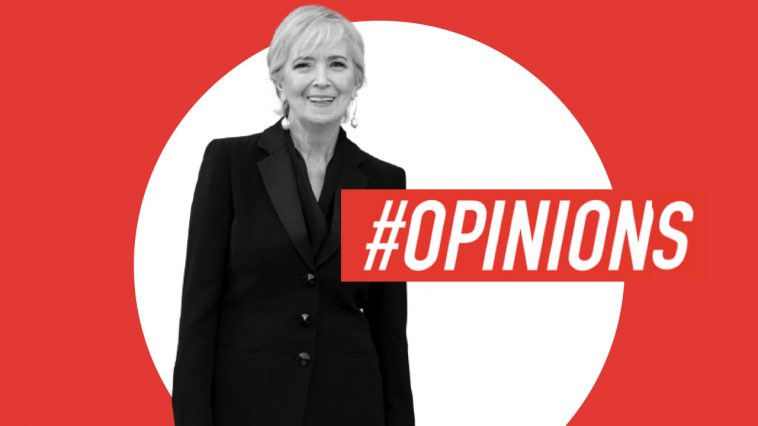




Leave a Comment